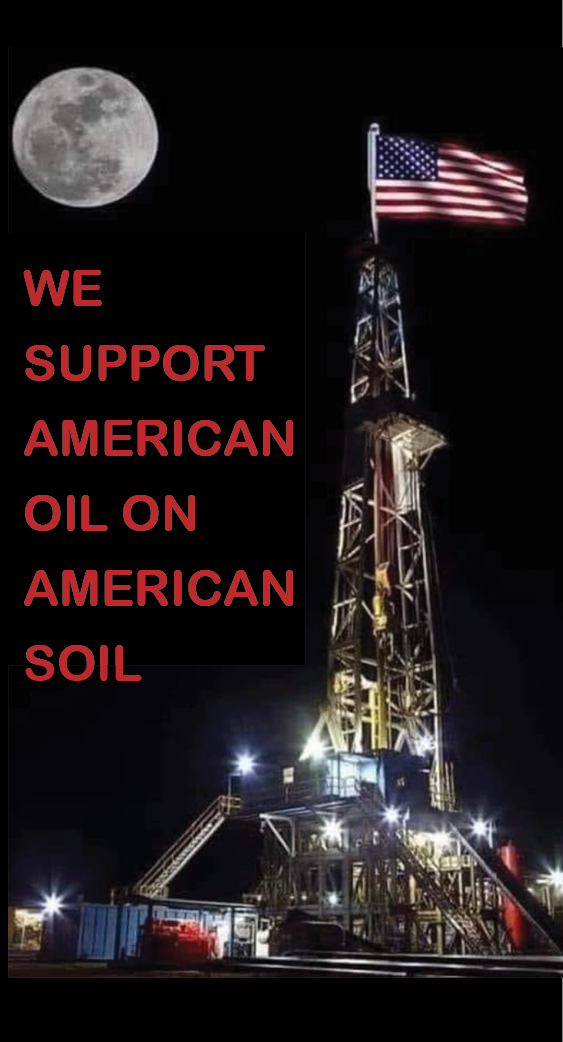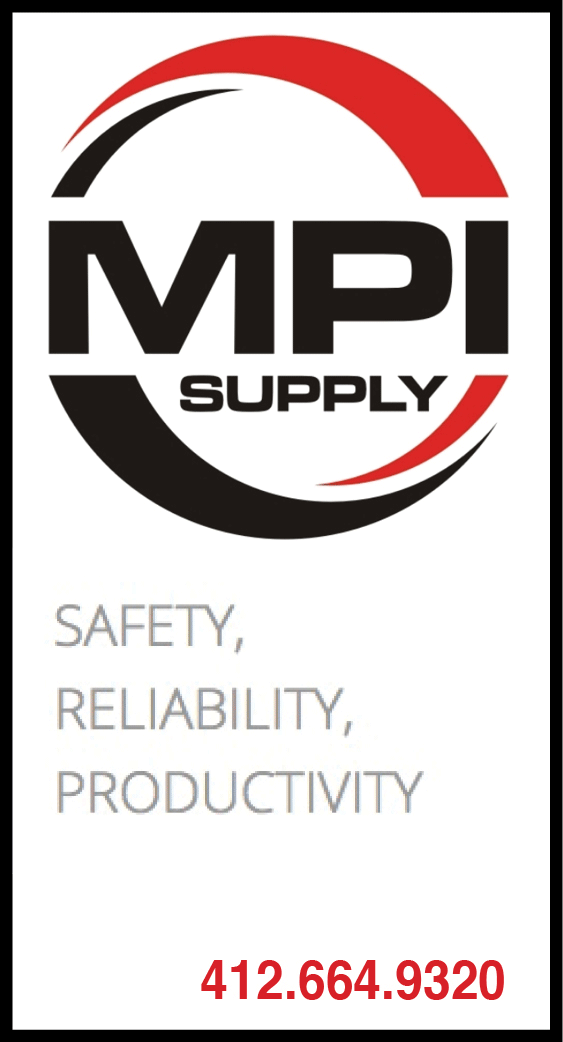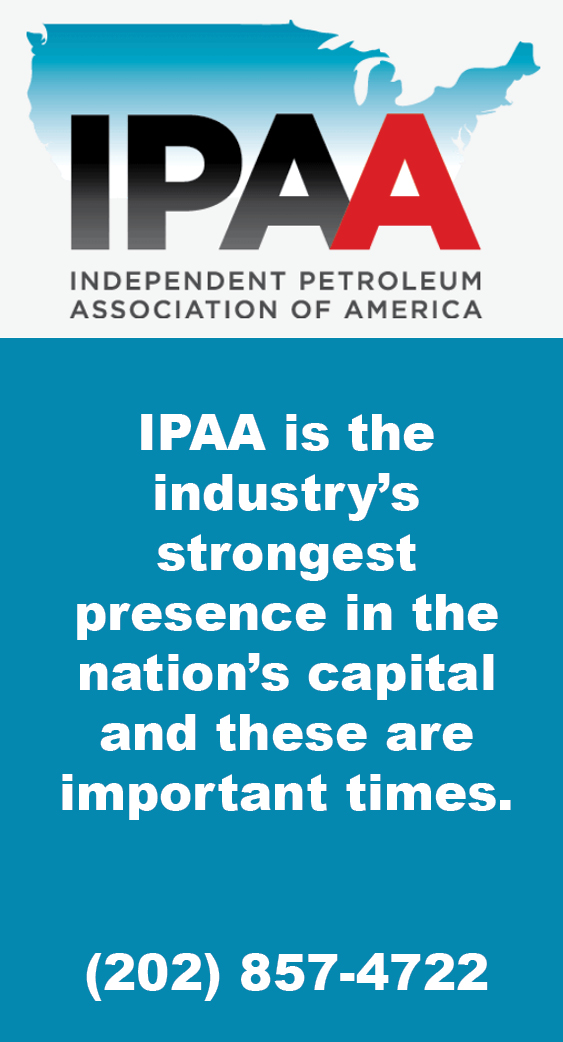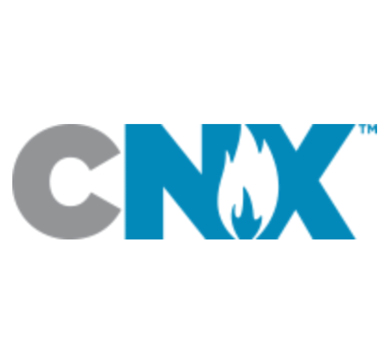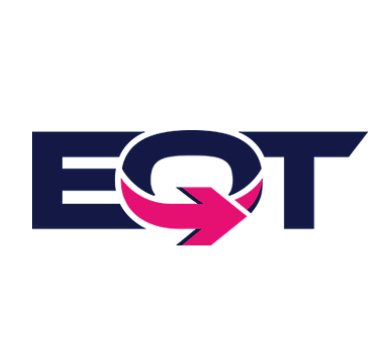DOI Issues Final Rule for Decommissioning Offshore Oil and Gas Facilities
The Department of the Interior has issued a final rule from the Bureau of Ocean Energy Management (BOEM) to protect taxpayers from covering costs that should be borne by the oil and gas industry when offshore platforms require decommissioning. With this action — which updates 20-year-old regulations — BOEM has substantially strengthened financial assurance requirements for the offshore oil and gas industry operating on the U.S. Outer Continental Shelf (OCS).
The costs to decommission oil and gas facilities on the OCS are substantial, and if companies fail to meet their decommissioning obligations those costs fall to American taxpayers. The Government Accountability Office (GAO) found that previous practices did not effectively ensure that industry operators meet decommissioning deadlines for offshore wells and platforms at the end of their useful lives. The final Risk Management and Financial Assurance for OCS Lease and Grant Obligations rule amends existing regulations to respond to those concerns and reduce financial risks associated with OCS development by substantially increasing the level of financial assurances that operators must provide in advance.
“The Interior Department is committed to ensuring that the federal oil and gas leasing program is implemented fairly, with accountability and transparency. This final rule updates, simplifies, and strengthens outdated requirements to ensure current operators are held responsible for their end-of-lease cleanup obligations on the Outer Continental Shelf,” said said Secretary Deb Haaland.
“The offshore oil and gas industry has evolved significantly over the last 20 years, and our financial assurance regulations need to keep pace,” said BOEM Director Elizabeth Klein.
“Today’s action addresses the outdated and insufficient approach to supplemental bonding that does not always accurately capture the risks that industry may pose for the American taxpayer — like financial health of a company or the value of the assets that the lessee holds,” added Klein.
Existing regulations have not kept pace with industry changes, such as aging OCS infrastructure, the transfer of near end-of-life properties from large companies to smaller companies with fewer financial resources, or the complex financial security arrangements between and within companies.
The new rule establishes two metrics by which BOEM will assess the risk that a company poses for American taxpayers:
• Financial Health of a Company: The rule streamlines the number of factors BOEM uses to determine the financial strength of a company by using a credit rating from a Nationally Recognized Statistical Rating Organization, or a proxy credit rating equivalent.
• Reserve Value: BOEM will consider the current value of the remaining proved oil and gas reserves on the lease compared to the estimated cost of meeting decommissioning obligations. If the lease has significant reserves still available, then in the event of a bankruptcy, the lease will likely be acquired by another operator who will assume the plugging and abandonment liabilities.
Companies without an investment-grade credit rating or sufficient proved reserves will need to provide supplemental financial assurance to comply with the new rule.
Additionally, the rule clarifies that current grant holders and lessees must hold financial assurance to ensure compliance with lease obligations and cannot rely on the financial strength of prior owners. BOEM continues to maintain its ability to pursue prior lessees to meet decommissioning obligations.
Under the new rule, BOEM estimates industry will be required to provide $6.9 billion in new financial assurances for decommissioning costs. To provide industry with flexibility to meet the new financial assurance requirements, BOEM will allow current lessees and grant holders to request phased-in payments over three years to meet the new supplemental financial assurance demands required by the rule.
Today’s final rule follows a proposed rule issued by BOEM in June 2023, which received over 2,000 public comments that informed its development.
Be in-the-know when you’re on-the-go!
FREE eNews delivery service to your email twice-weekly. With a focus on lead-driven news, our news service will help you develop new business contacts on an on-going basis.
CLICK HERE to register your email address.
Copyright © 2024 Mining Connection LLC. All rights reserved. This material may not be published, broadcast, rewritten, or redistributed without permission.
For licensing permission, .(JavaScript must be enabled to view this email address)





